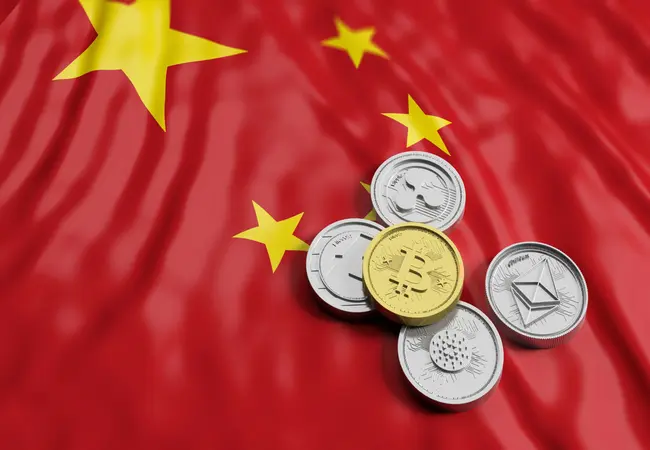Highlights:
- Zhou warned that stablecoins pose risks as China considers launching a yuan-backed token.
- He stressed that stablecoins bring limited efficiency gains compared to risks for payment systems.
- Reports suggest China may permit yuan-backed stablecoins, contrasting with its strict anti-crypto stance.
China’s former central bank chief, Zhou Xiaochuan, has raised concerns over the risks tied to stablecoins, at a time when the country is weighing the possibility of introducing a yuan-backed digital token. During a private discussion held in mid-July, Xiaochuan delivered a sharp caution on stablecoins. His remarks, later released on Wednesday by the Beijing-based China Finance 40 Forum (CF40), highlighted the risks these digital assets may pose.
Zhou, who was governor of the People’s Bank of China (PBOC) from 2002 to 2018, said that the push to add stablecoins into today’s financial system may be overstated. He explained that only a small number of financial services could see real efficiency gains from tokenization and decentralization, and urged a clear review to see if there is real demand for such changes.
According to Bloomberg, former People’s Bank of China Governor Zhou Xiaochuan warned that stablecoins could fuel speculation and undermine financial stability. He noted that stablecoins offer limited cost advantages compared to China’s existing retail payment systems and added…
— Wu Blockchain (@WuBlockchain) August 28, 2025
Multiplier Effect and Financial Stability Concerns
Zhou pointed out that payment systems in China and other Asian nations already use mobile apps linked to banks, with QR codes and near-field communication (NFC) making transactions easier. He added that these systems have advanced through technology without needing decentralization. Zhou explained that after years of development, China’s payment system has become very efficient and low-cost, which leaves little opportunity for new players to lower costs or earn profits in the sector. He also mentioned that central bank digital currencies had already brought important improvements to the country’s payment network.
Zhou further cautioned that stablecoin issuers could issue tokens carelessly without holding enough reserves. He also warned that custodians might skip proper checks due to the weak regulatory framework. He explained that even if reserves were in place to support issuance, stablecoins could still trigger a “multiplier effect.” This happens when the tokens are repeatedly used in areas such as lending, mortgages, payments, and asset revaluations. As a result, they create an impact much larger than the backing reserves can handle.
Regulatory Gaps and China’s Shifting Stance
Zhou noted that widespread use of stablecoins in trading activities could raise the chances of fraud and market manipulation. “We must be vigilant about the risk of stablecoins being excessively used for speculative asset trading,” he said. Zhou warned that a possible bank run could grow several times larger than the reserves set aside. He said rules like the U.S. Genius Act or Hong Kong’s regulations are still not strong enough to handle such risks.
Stablecoins aim to keep a fixed value by holding liquid asset reserves, but Zhou noted that rules in the U.S., Hong Kong, and Singapore still have gaps that may fail to stop financial instability. Meanwhile, reports suggest that China may allow stablecoins backed by the yuan. This move would be very different from the country’s strict ban on crypto trading and mining. In contrast, Hong Kong has opened its doors to the industry by setting up licenses for exchanges and stablecoin issuers.
Reuters: China may allow yuan-backed stablecoins for the first time, with a roadmap under review and Hong Kong, Shanghai leading rollout. Use cases include cross-border trade and payments.https://t.co/fp4mDTgZi8 pic.twitter.com/uou8L5uGMD
— Wu Blockchain (@WuBlockchain) August 20, 2025
Best Crypto Exchange
- Over 90 top cryptos to trade
- Regulated by top-tier entities
- User-friendly trading app
- 30+ million users
eToro is a multi-asset investment platform. The value of your investments may go up or down. Your capital is at risk. Don’t invest unless you’re prepared to lose all the money you invest. This is a high-risk investment, and you should not expect to be protected if something goes wrong.






